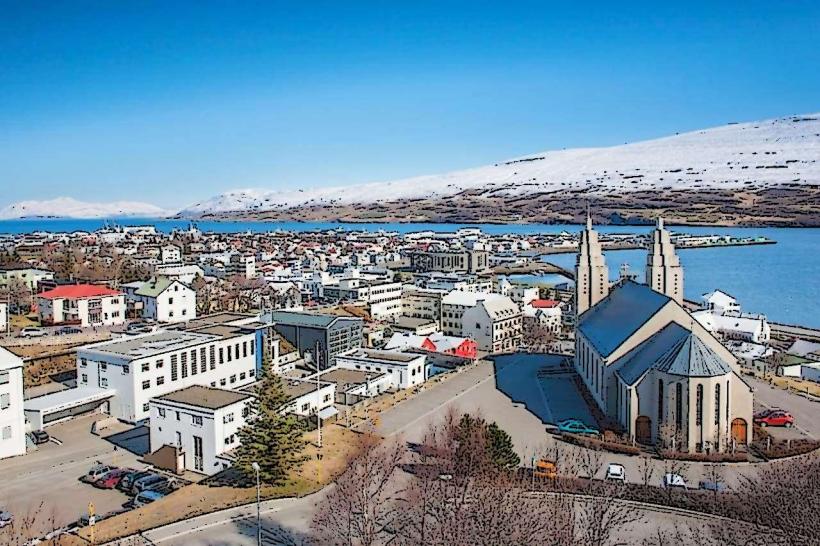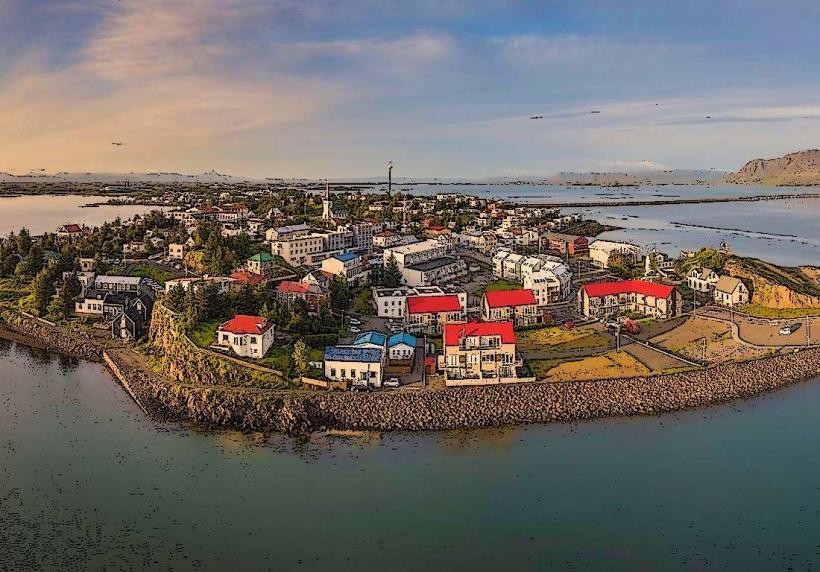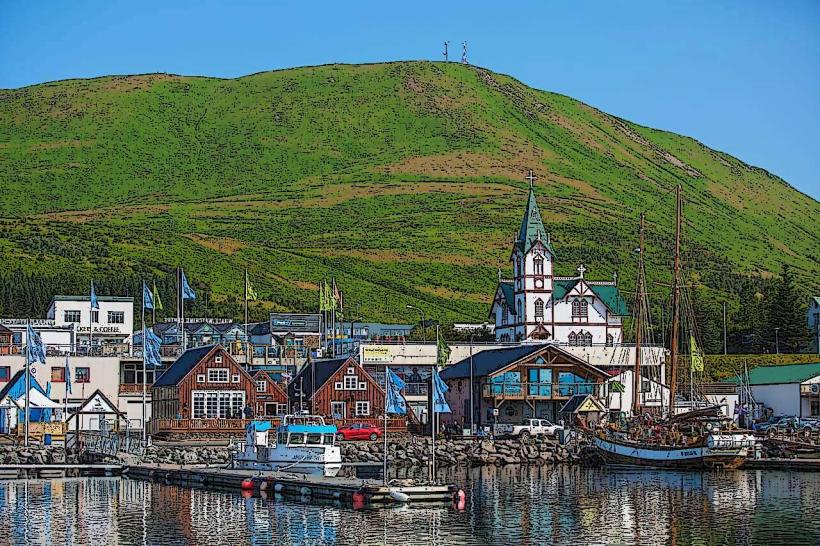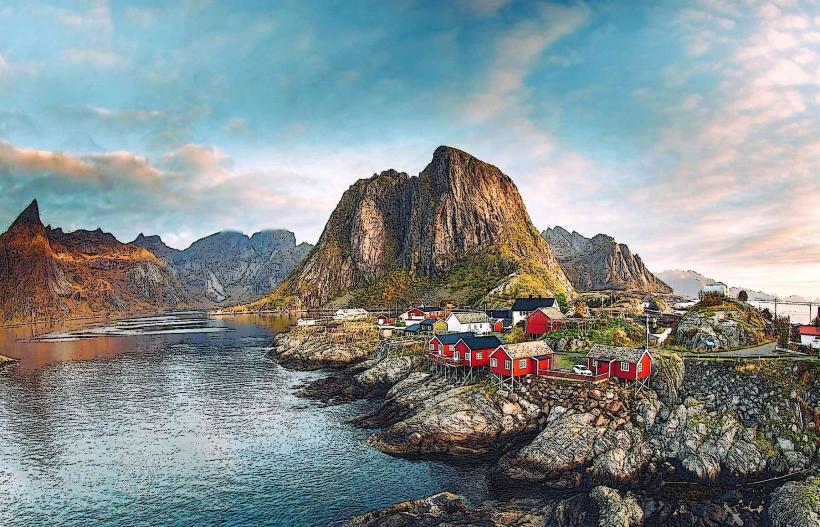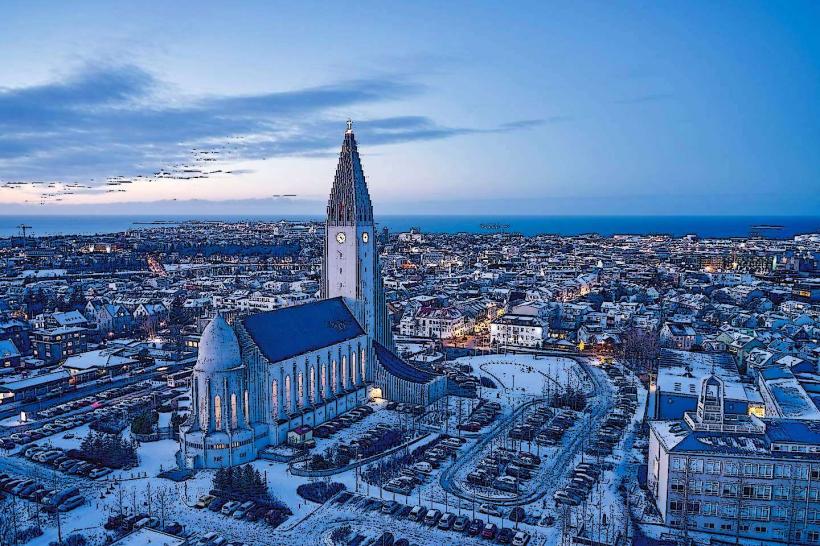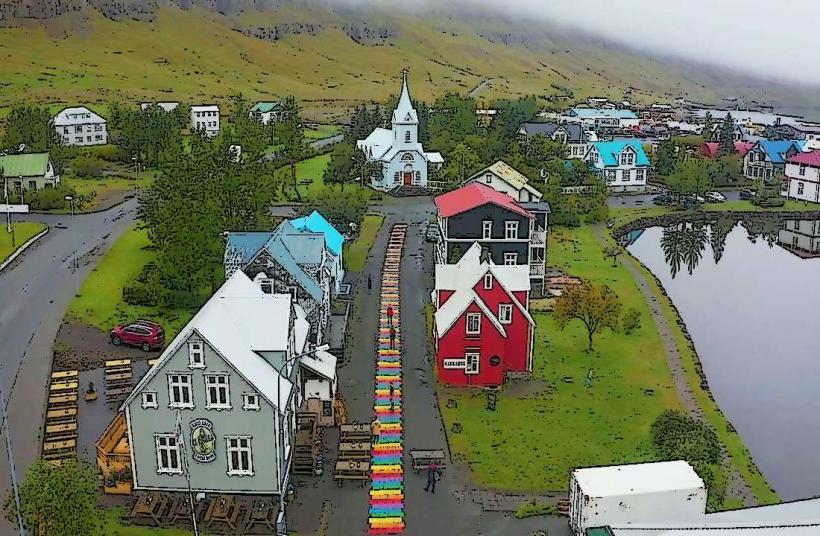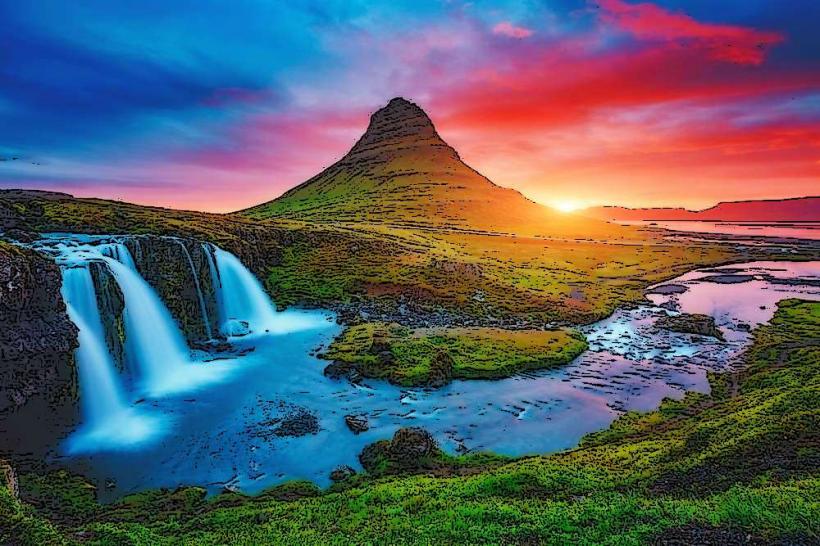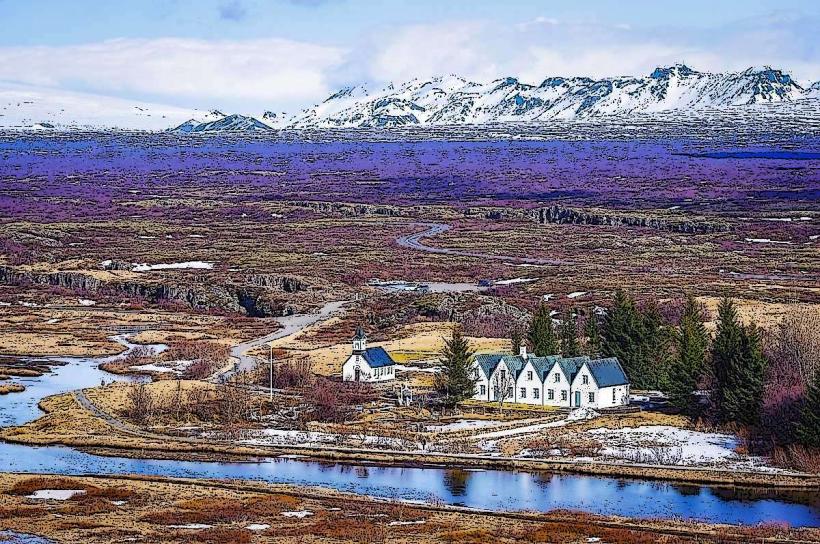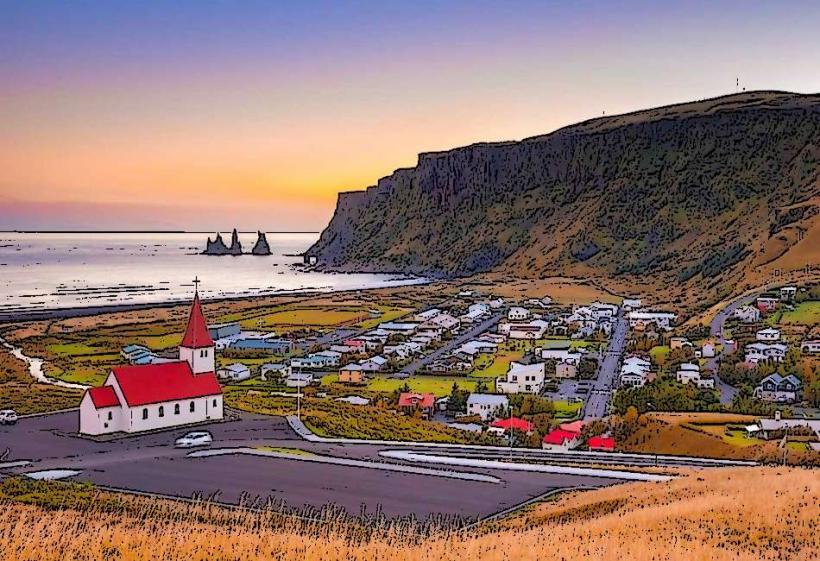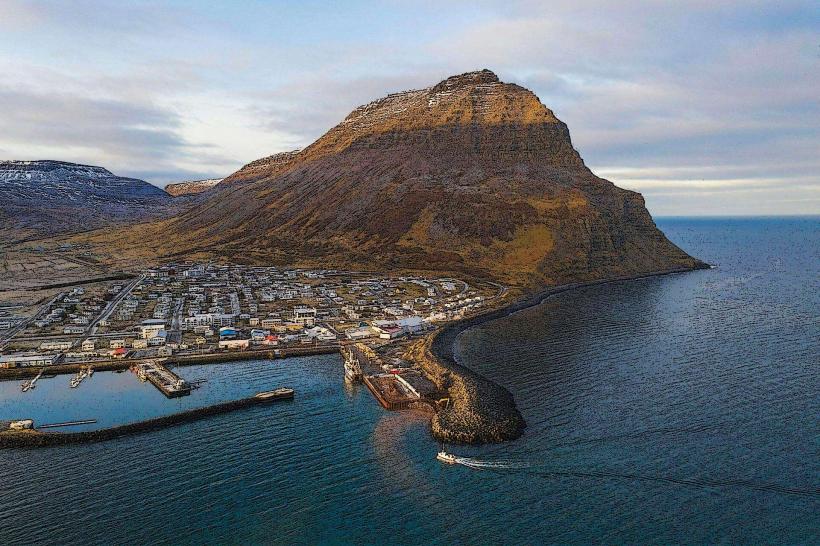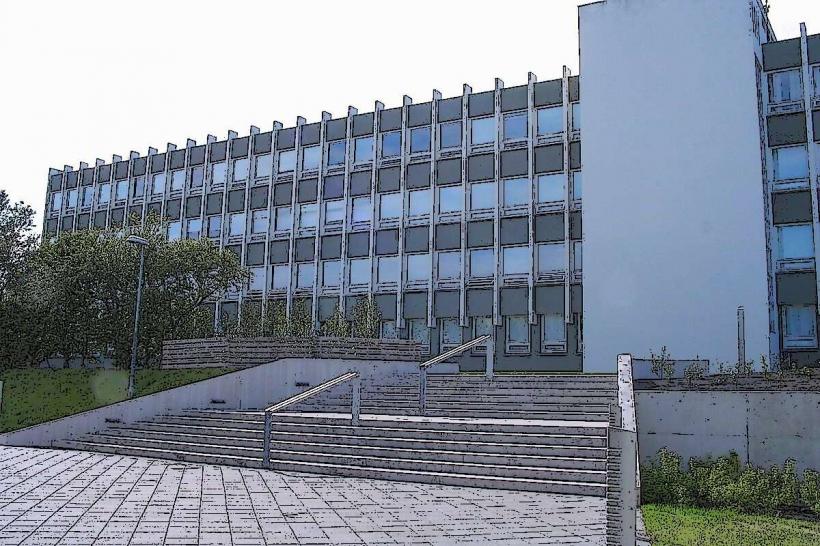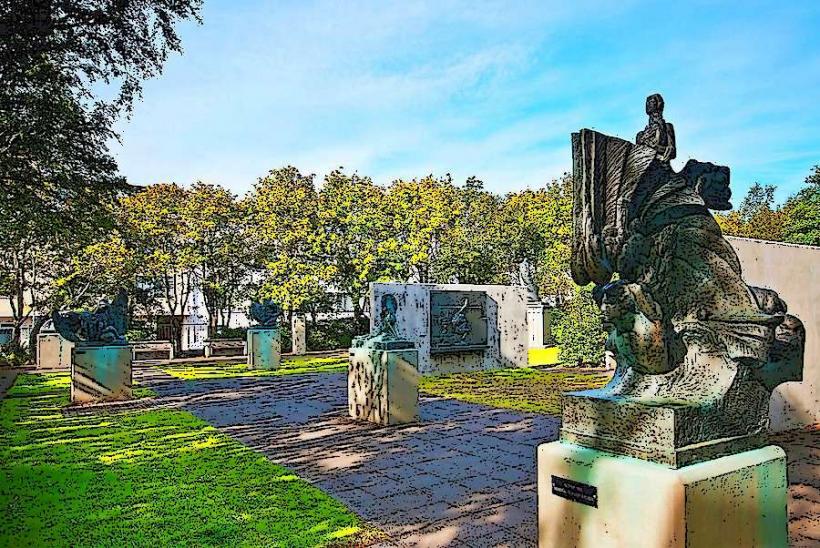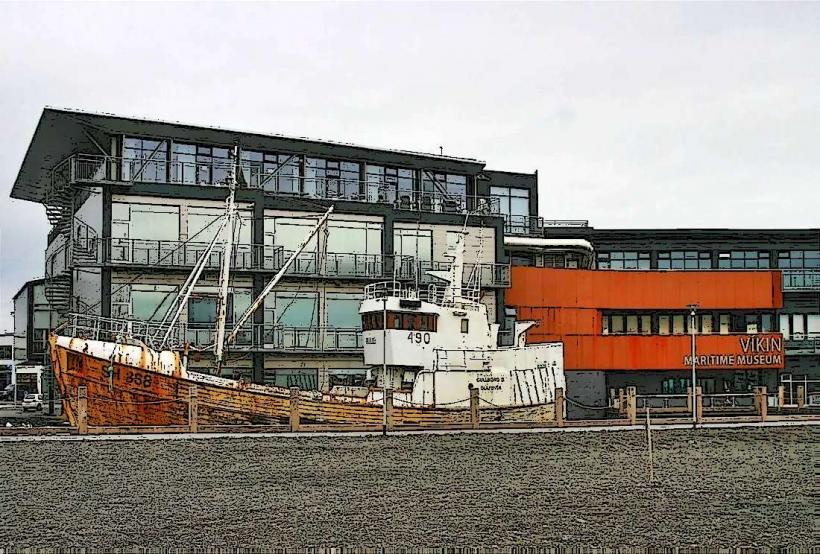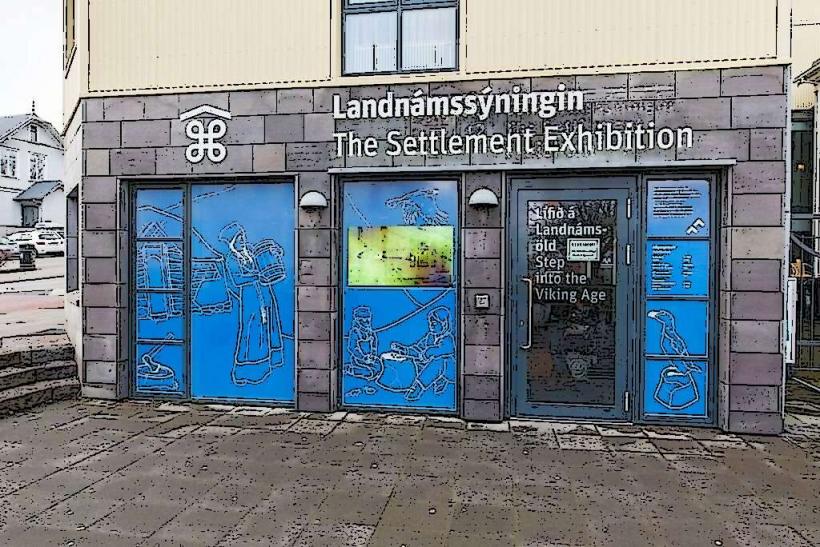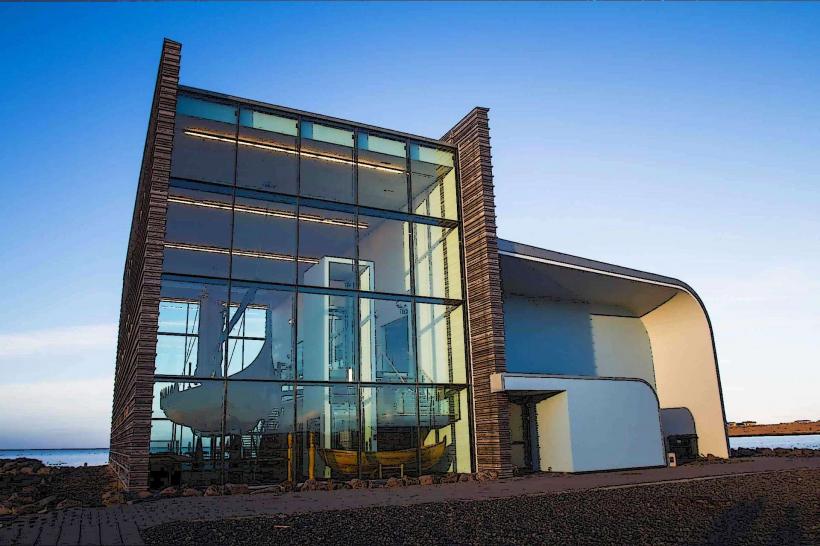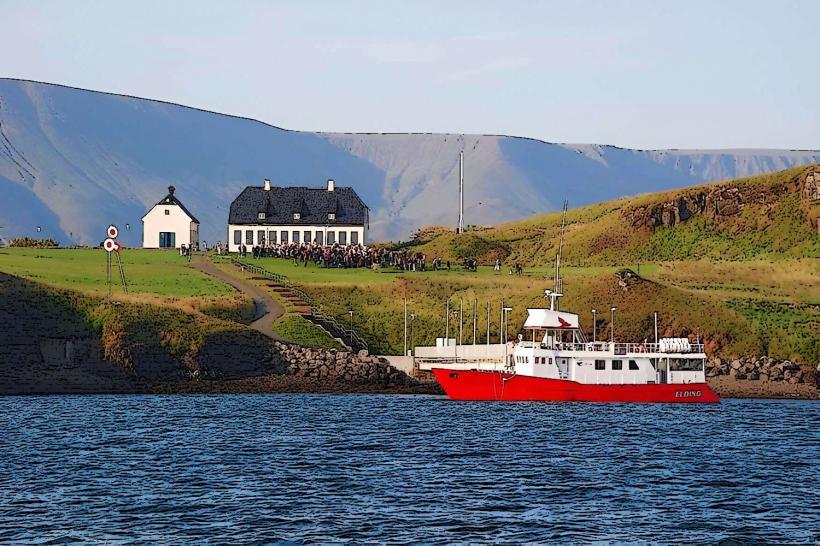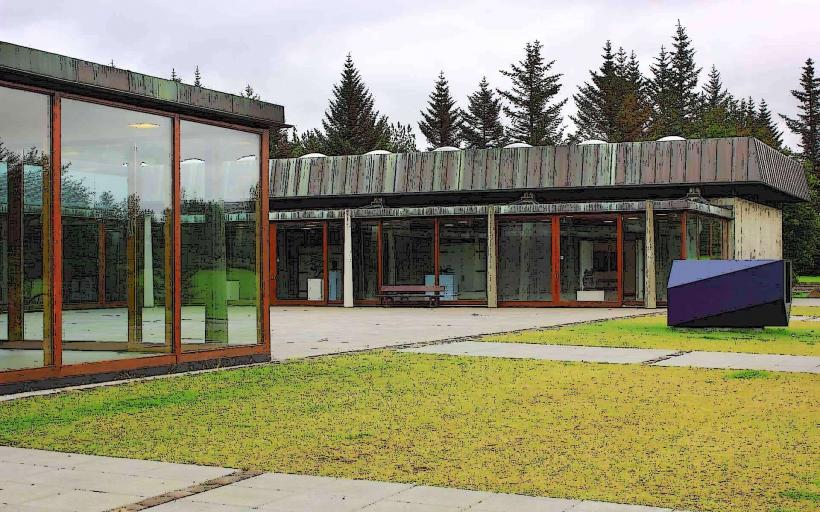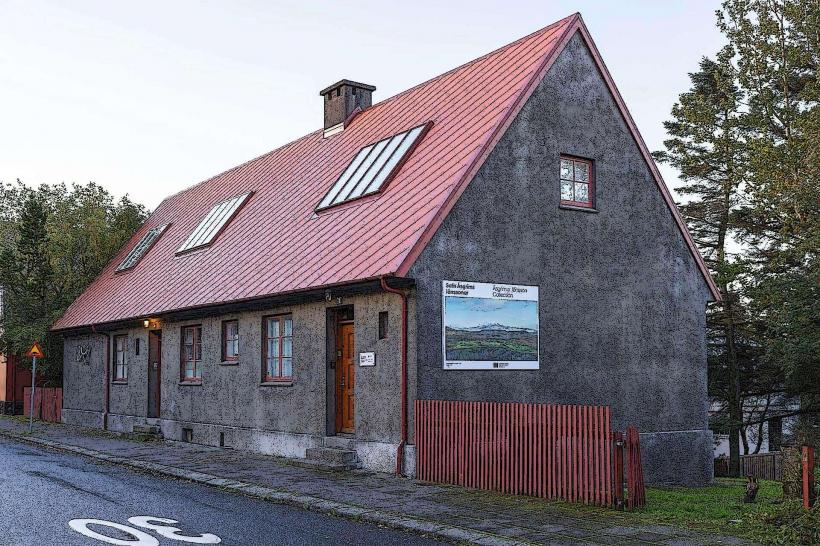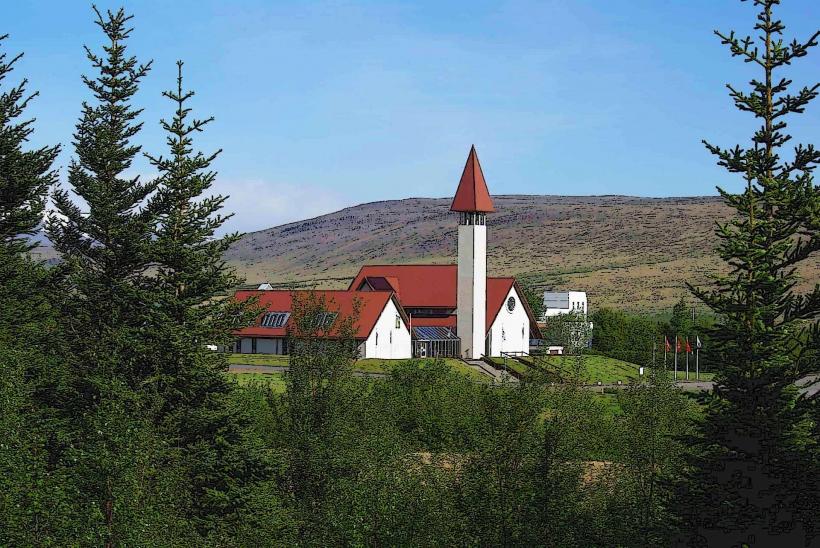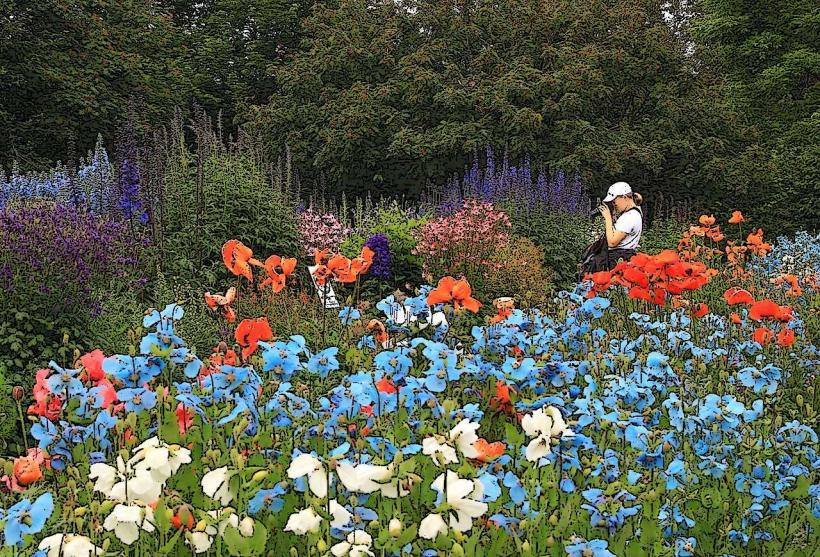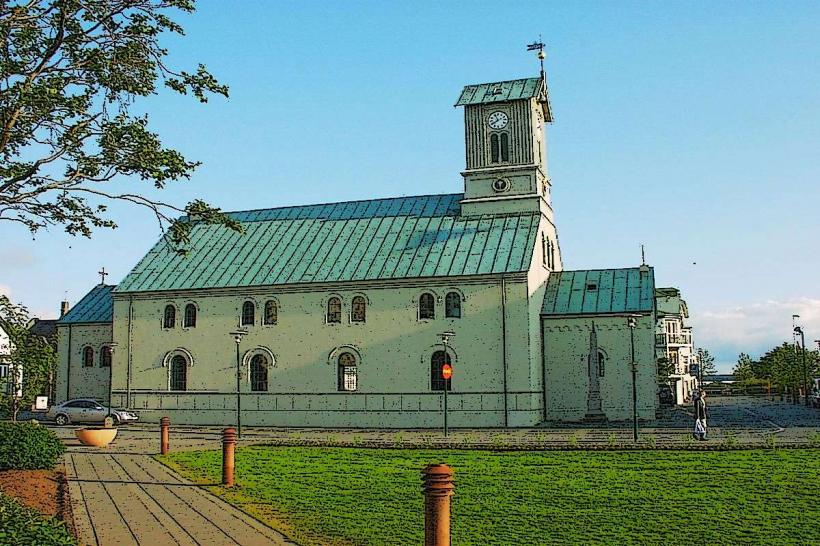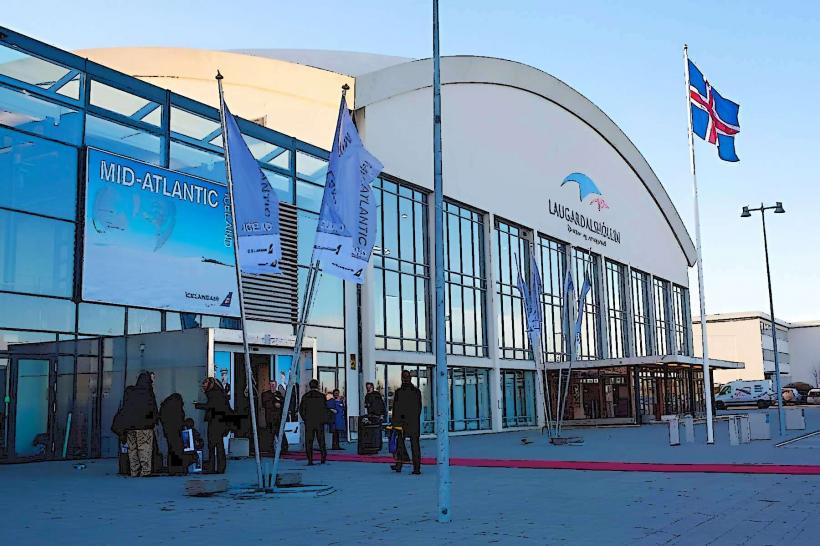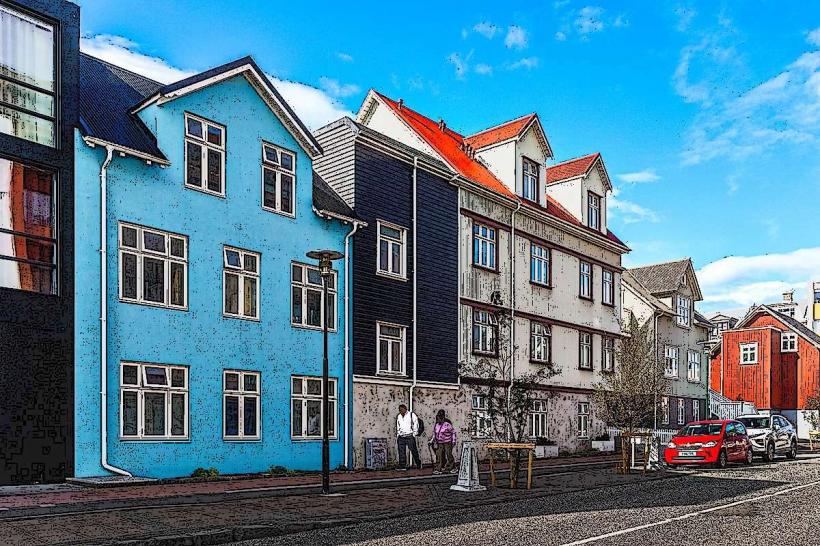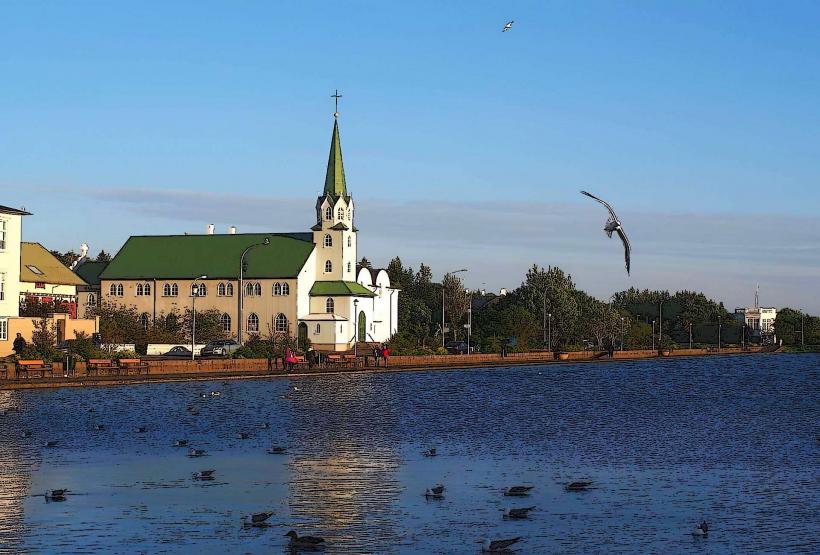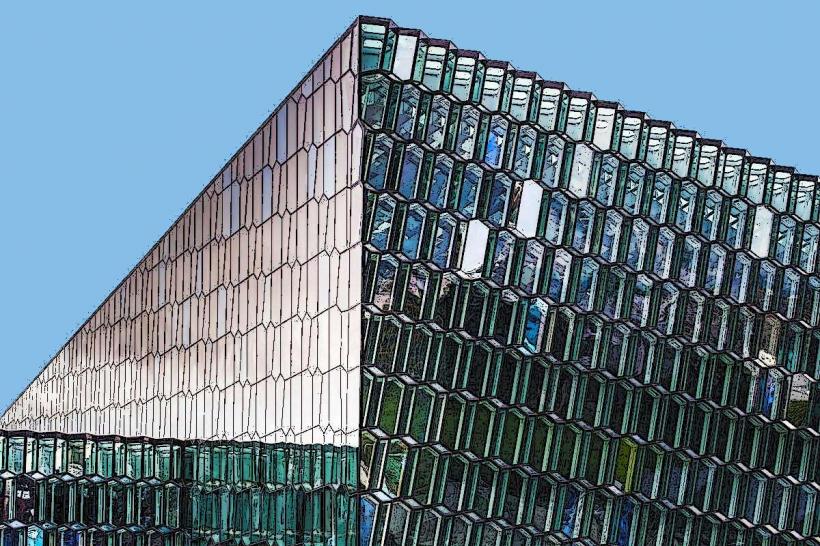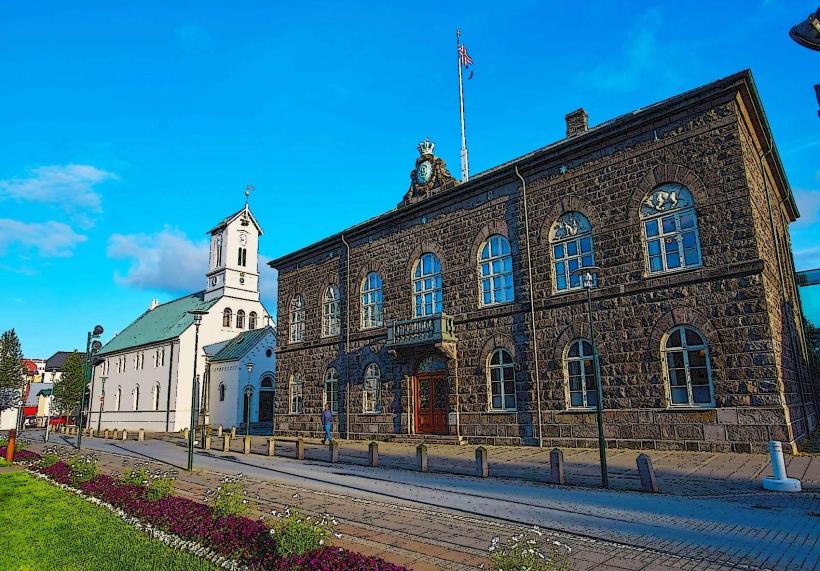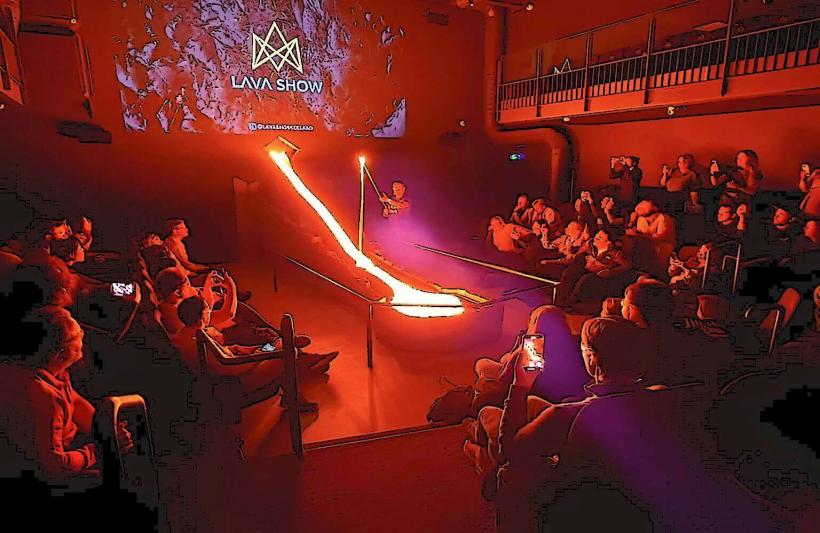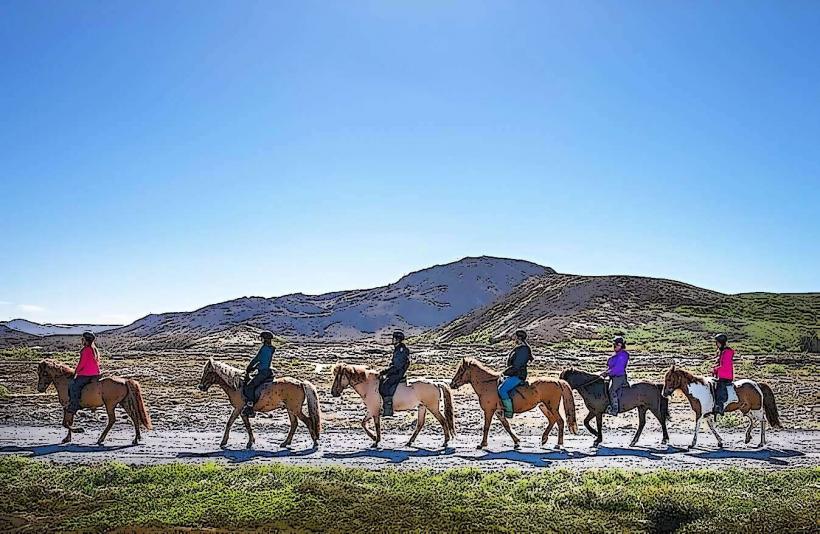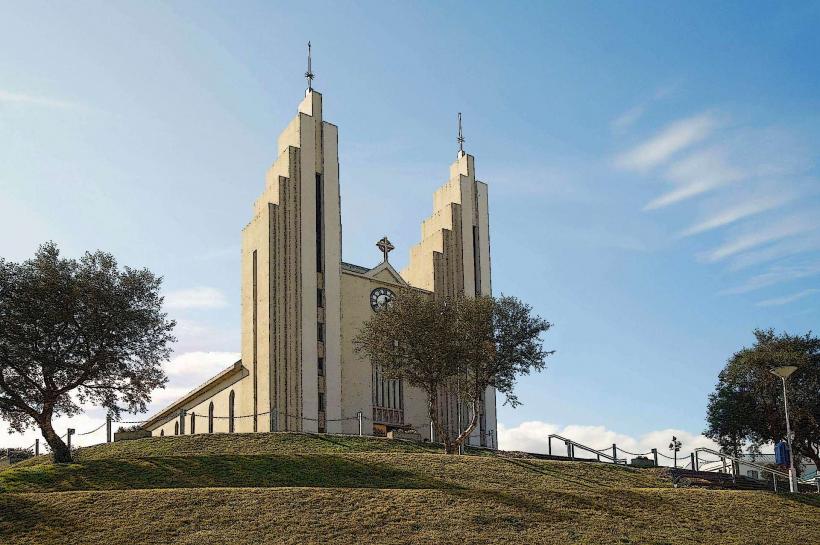Information
Country: IcelandContinent: Europe
Iceland, Europe
Iceland is a Nordic island nation in the North Atlantic, situated on the Mid-Atlantic Ridge south of the Arctic Circle. The topography is defined by extreme volcanic and glacial activity, featuring expansive lava fields, plateaus, and the largest glaciers in Europe; the capital city is Reykjavík.
Visa & Entry Policy
Iceland is a member of the Schengen Area. Citizens of the US, UK, and EU do not require a visa for stays up to 90 days within a 180-day period. Starting in late 2026, non-EU visa-exempt travelers must obtain an ETIAS (European Travel Information and Authorisation System) authorization prior to arrival. Passports must be valid for at least three months beyond the intended departure date.
Language & Communication
The official language is Icelandic, a North Germanic language that has remained linguistically isolated and closely resembles Old Norse. English proficiency is nearly universal, and it is the primary language of the tourism and business sectors. Danish is also widely understood and taught in schools.
Currency & Payment Systems
The currency is the Icelandic Króna (ISK). Iceland is one of the most digitalized economies globally; card payments and mobile solutions (Apple Pay/Google Pay) are universal. Many businesses, including remote campsites and public restrooms, operate on a "cash-free" basis. Physical currency is rarely used by locals.
National Transport Grid
There is no rail network in Iceland. Intercity travel is conducted via the Ring Road (Route 1) using private vehicles or a network of long-distance buses. Domestic flights are a critical transit component, connecting Reykjavík to regional hubs like Akureyri, Egilsstaðir, and Ísafjörður. 4x4 vehicles are mandatory for "F-roads" in the interior Highlands.
Digital Infrastructure
Primary mobile network providers are Síminn, Vodafone, and Nova. 5G coverage reached 99% of the population by 2026, with fiber-optic connectivity available to nearly 100% of homes and businesses. High-speed satellite internet (Starlink) serves as the primary backup for remote Highland locations.
Climate & Seasonality
The climate is subpolar oceanic, tempered by the North Atlantic Current. Summers are cool (10°C–15°C) with "Midnight Sun" conditions in June. Winters are relatively mild for the latitude (around 0°C in the south) but highly volatile, with frequent windstorms and heavy snowfall. The Northern Lights (Aurora Borealis) are visible from September through April.
Health & Safety
No mandatory vaccinations are required. The primary safety risks are environmental: extreme weather shifts, volcanic activity, and unpredictable "sneaker waves" at beaches like Reynisfjara. Tap water is among the purest in the world and is safe for consumption everywhere. The universal emergency number is 112.
Top 3 Major Regions & Cities
Capital Region: Primary hub is Reykjavík.
Northern Iceland: Primary hub is Akureyri.
South Coast: Primary hub is Vík (servicing the Golden Circle and glaciers).
Local Cost Index
1L Water: 350 ISK ($2.50 USD) - Note: locals consume tap water for free.
1 Domestic Beer (0.5L): 1,300–1,800 ISK ($9.50–$13.00 USD)
1 Sim Card (Data Plan): 2,500 ISK ($18.00 USD)
Facts & Legends
According to national folklore, the landscape is inhabited by Huldufólk (Hidden People) or elves; road construction projects are occasionally rerouted to avoid disturbing boulders believed to be elf dwellings. The "Yule Lads," 13 mischievous brothers descended from trolls, replace the traditional Santa Claus during the Christmas season. Geologically, Iceland is the only place in the world where the Mid-Atlantic Ridge is visible above sea level.

